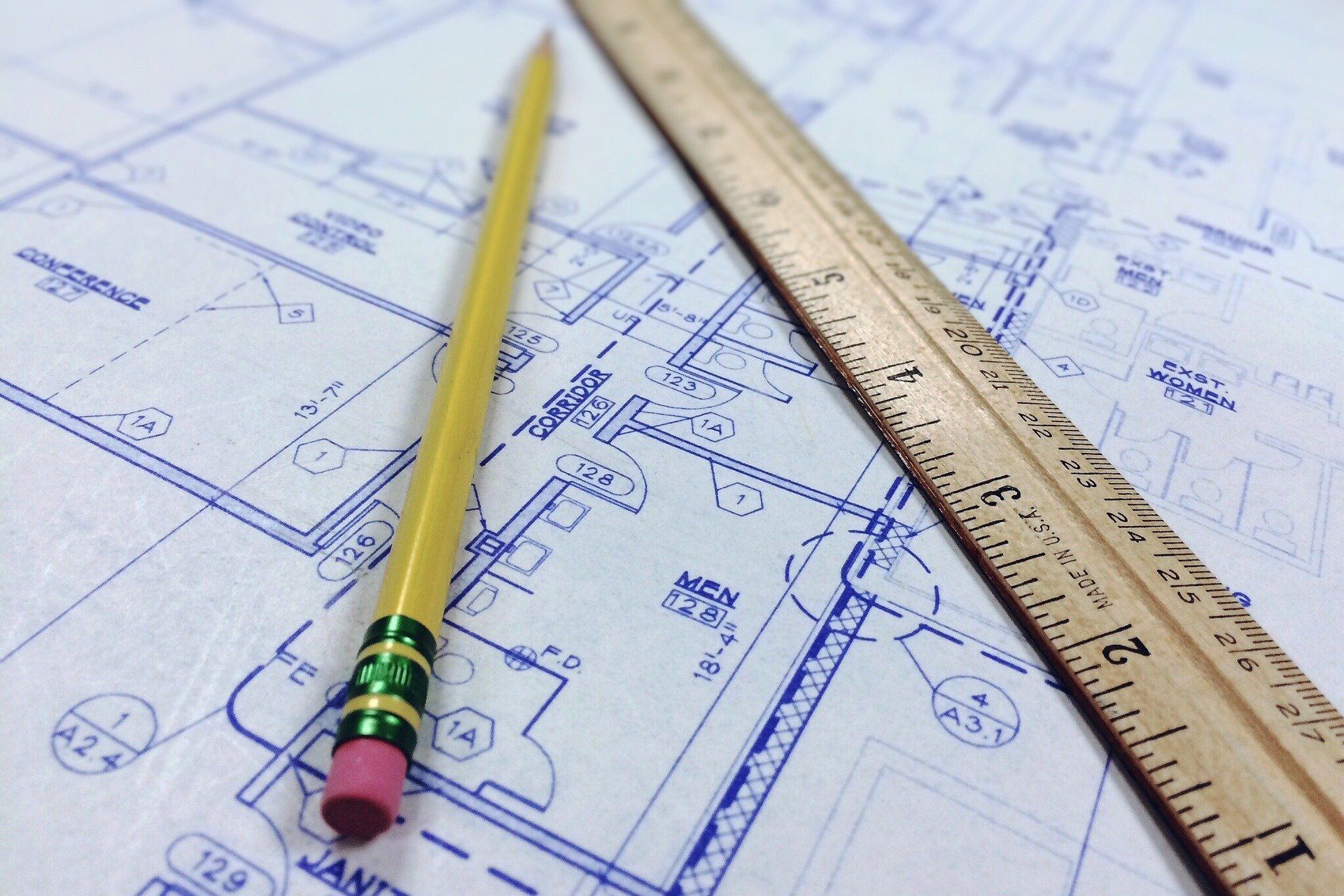Dementia and How to Communicate
This is a subtitle for your new post

Today we’ll look at the topic of dementia for a better understanding on what the term means and how it may affect your loved one. Then we'll offer tips for communicating with your loved one.
According to eSMMART,
“Dementia is not a disease, but is the term used to describe a group of symptoms that result from changes happening in the brain. Dementia can be more than just memory loss, as it may include cognitive problems with reasoning, language, abstract thinking, recognizing people, and personality changes that are severe enough to interfere with social or occupational functioning.”
Our brains are very complex and the range of symptoms may vary greatly from person to person or in how severe the symptoms may be. As dementia is a group of symptoms, you may find that some of these symptoms are treatable with medications, while others are not. For example, you may notice that your loved one has had a change in their personality to be more belligerent than they previously were. They may lash out more, react in anger or with swear words when under stress and anxiety. Medication may address the symptoms leading to these personality changes and help return them to their calmer self, but it may not stop the progression of the changes happening within the brain.
Have you noticed when speaking with your loved one that they are having more issues like the cognitive problems listed above? Perhaps they can share an example within the topic you’re discussing, but when you mention an example yourself, their brain cannot make the leap. They find themselves stuck on their absolute and can not understand that you are merely giving them an example of a similar item or situation. There has been a change in their ability to think through abstract concepts.
You may find it more difficult to reason with your loved one as their brain changes. Perhaps the fact that they seem unreasonable to you, is because their brain is changing, not that they are purposefully trying to remain steadfast in their beliefs. Their brain cannot process and reason as it once did. Perhaps they need more time to come to the same answer or it may be that they aren’t able to see different options or think through multiple scenarios like before.
Brain changes can be gradual and so it may not be as recognizable to you if you are close to your loved one and see them on a regular basis. You may find yourself getting more frustrated with them and not understand why, because you haven’t identified the source as possible dementia. If you live further away and visit infrequently, it may be easier to notice the differences in thought patterns and behaviors when you see them and interact.
Just because your loved ones brain is changing, doesn’t mean they can’t be in control of their lives and make important decisions. It means it may take a little more effort in communicating for them to do so. In fact your own brain is changing everyday as you learn new information and process in new ways. You may have noticed in yourself that you learn better when you use multiple senses to retain information. Perhaps you need to hear and see things, or receive feedback in writing to retain it. Maybe you learn or process information better when distractions are reduced, like the background noise from coworkers. These same things can be true for the person with dementia. Try limiting distractions and background noise. Turn off the tv or radio. Move away from the noisy fan or air conditioner unit. Put things in writing, speak slower, use hand motions or body language to help express your message. Speak calmly and lovingly. Yelling at your loved one is unacceptable. It is a poor way to communicate which demeans the other person and causes them further anxiety. Be patient and speak in shorter sentences, pause, and try to explain in new ways. But limit your examples or the choices you offer so you don’t bring more confusion to the conversation. Take time to listen, not just to what they say, but to their emotions and the sentiment they are trying to express. They may have trouble coming up with the right words at the moment, and may offer a “no” when what they really wanted was a “yes”. Clarify with them what they said, to be sure it is what they truly meant to say. If they hear you say it back, they can adjust their meaning if it was expressed incorrectly the first time.
When your loved one shares the same story again and again, seek out new questions to ask about their memory and dive a little deeper. Seek to understand why this memory is so important to them, how it makes them feel to relay it and what they are trying to pass on to you in the retelling. Play detective and ask the who, what, where, why, and how about their story and discover more about their history and yours. It will show that you are interested in them and that you care, and it may remind them of other stories you haven’t heard.
As your loved one’s brain changes, you can change with them. You can become a more patient, compassionate and loving friend or family member. You can be empathetic to their needs and show them that they are loved and have your support. Put yourself in their shoes and think about how you would like to be treated should you face a similar future. Don’t simply use these communication tips with your parents going through dementia. Try them on your teenager, whose brain is also changing, or your difficult co-worker who needs to know someone understands them. Treating people who think differently than you with respect, never goes out of style. Learn to listen and listen to understand. As you learn, your brain will change too.











